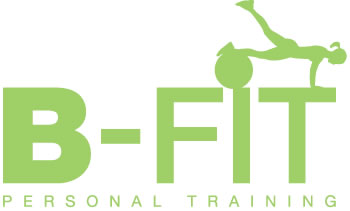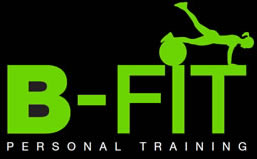Last week, you may remember I debunked the top three nutrition myths I hear the most from my clients.
Missed it? Take a minute to have a read here…
It caused a lot of good debate and a few emails from clients asking advice on more nutrition myths. So, I thought it was only right to address these publicly and share more myths with you. After all, they could be hampering your health and fat loss goals.
1. Why do NHS guidelines tell you to eat wholegrain pasta, rice, bread etc if it’s so bad for you?
The answer? Because the NHS guidelines are so out of date it’s unreal! I have no idea why they say this. But I know that it’s not true and needs righting at once.
Some other NHS so called guidelines include advice that we should eat more starchy foods (INCORRECT), carbs are a main source of energy (INCORRECT – Fat is!), and some NHS guidelines state that rice, grains and carbs are “a good source of protein” which is completely incorrect!
This information is completely outdated and I cannot believe that it is allowed to go on. NHS websites and information packs are giving people the wrong information. Countless scientific studies have been completed in the last decade that prove these points wrong.
Did you know that many new diabetics are told to eat carbs with every meal but many people with type 2 diabetes see their blood sugar rise which means more medication and who does that benefit?
Obviously, I’m not saying avoid all starch and carbs. That’s not my point at all. Learning to eat the RIGHT FOODS that will take you closer to your goal is my aim here. It’s something I do with my B-Fit B-Fabulous 7 Step Plan – teach my clients how to eat AND ENJOY the right foods for life without ever feeling deprived.
2. Are low fat foods better than high fat foods?
No! Most low fat foods actually end up containing more sugars, salts and other additive nasties to make them taste better. Avoid any foods that say low fat on the label.
3. Are smoothies from the supermarket OK?
Again, this is a big fat NO! I know I recommend juices and smoothies in my B-Fit B-Fabulous 21 Day Weight Loss Plan but they’re made fresh and I always recommend you drink them within 24 hours of making them – whilst the enzymes are still present and able to break down the food. (I keep them in the fridge in a sealed glass jar and add lime juice to preserve). Smoothies and juices that have been on supermarket shelves for weeks have been pasteurised and had many nutrients removed during this process. Due to this, you find that a lot of the original goodness turns to sugar. You may as well drink a full fat coke or other sugary laden drink. Don ‘t be fooled, they’re no better!
4. How do you know if a food is processed?
Simple this one. Take a look at the ingredient label. Contains a list of ingredients that you do not recognise, can’t pronounce, spell or your granny wouldn’t put it in her food/ recipes? Probably processed! Someone once told me that if a food has an advertisement, it’s probably one to avoid! Think about it – individual fruits don’t get adverts dedicated to them, neither do veggies, nuts, organic meats etc. Eat whole foods, eat clean, eat organic, eat in season and buy local for the best recipe in avoiding processed, toxin laden foods.
Basically eat stuff that grows or moves!
Want to know the answers to all your nutrition questions? Get in touch! 07748 298728 or email gaynor@www.b-fit.uk.com

